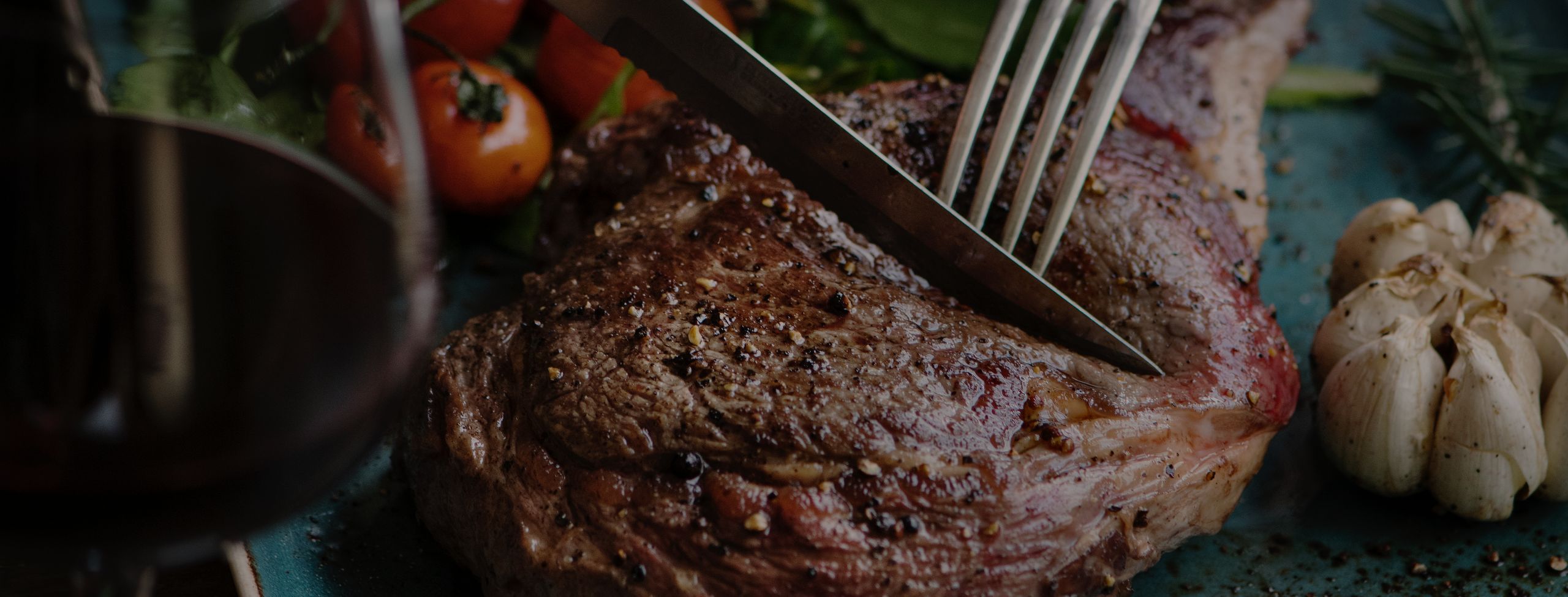
Nutritional Information
Lamb is an excellent source of protein, vitamins, and essential minerals that can be enjoyed all year long as part of a healthy balanced diet.
It is an exceptional source of protein including essential fats and amino acids and known to be particularly rich in vitamin B‐12, niacin, zinc, and iron. Lamb is a great source of nutrients that are important in maintaining good overall health while also providing great flavour to your meal.
Who knew that including lamb in your diet could be so good for you!
Did you know…
- Lamb is full of protein, healthy fats, and a range of micronutrients making it a top choice of red meats by many consumers.
- Lamb contains very little marbling which is fat in the meat. About one third of fat in lamb is saturated, so most of the fat is on the edges of the meat. A good quality lamb will have a nice fat finish, which not only adds flavour to the lean meat, but can also be – in the right amount – part of a healthy balanced diet.
- Fat found in lamb provides energy and is one of the main elements of body cells. It allows the production of hormones and the uptake of vitamins A, D, E and K into the body. Certain fats like Omega‐3, for example, cannot be produced by the body and must be absorbed from the food consumed.
- Lamb is one of the richest meat sources of conjugated Linoleic acid (CLA). CLA possesses rare and potent antioxidant activity.
The Facts
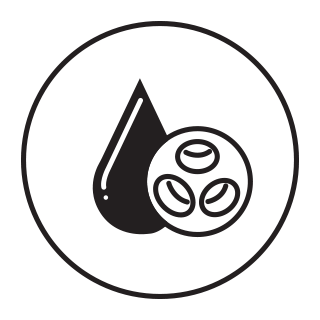
Iron
- Lamb is very rich in iron which helps in the creation of red blood cells.
- Helps strengthen the immune system.
- Red meats, especially lamb, are amongst the best sources of absorbable iron.

Zinc
- Lamb provides a large percentage of our daily requirement of zinc which is essential for growth, healing, and a healthy immune system.
- Lamb contains trace elements such as copper, manganese, and selenium which are beneficial to overall good health.
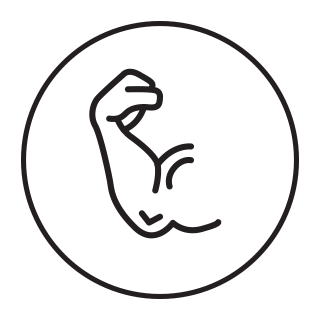
Protein
- Is nutritionally complete, with all eight essential amino acids in the proper ratios.
- Is a complete protein which means it contains all nine essential amino acids.

B-Vitamins
- Lamb is a great source of B vitamins, essential for metabolic reactions in the body.
Nutrition Labeling
The labels below are often used on the packaging of lamb products for consumer information purposes and are given as examples.
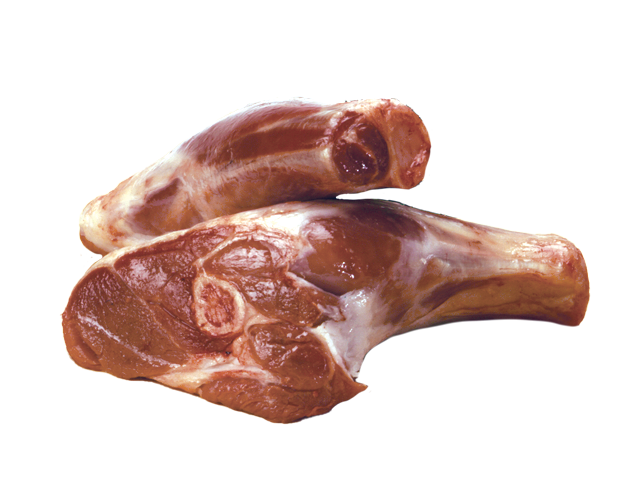
Lamb Foreshank
Per 100 g (3.5 oz)
110 calories
21 grams of protein
Source of energy, lower in saturated fat, free of trans fat, low in sodium, extra lean, and a good source of iron.
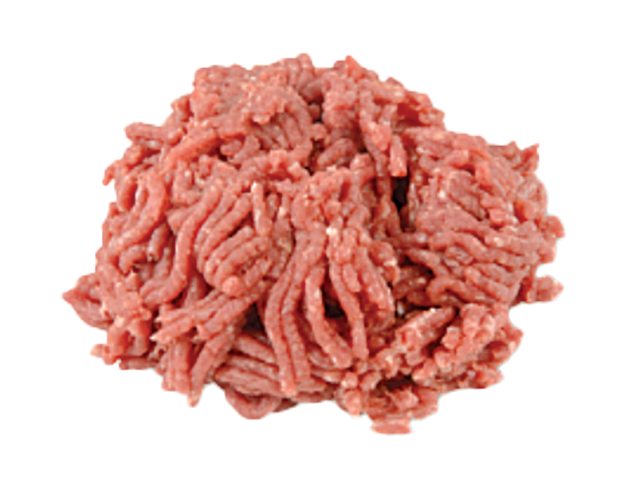
Lamb Ground
Per 100 g (3.5 oz)
230 calories
14 grams of protein
Source of energy, low in sodium, and a good source of iron
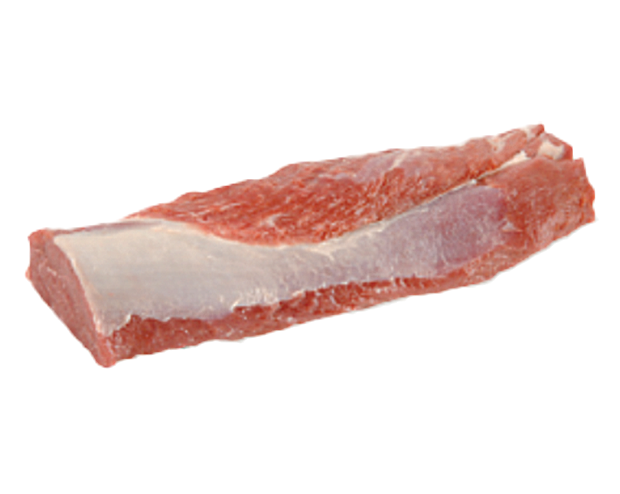
Whole Loin
Per 100 g (3.5 oz)
130 calories
22 grams of protein
Source of energy, low in sodium, extra lean, and a good source of iron.
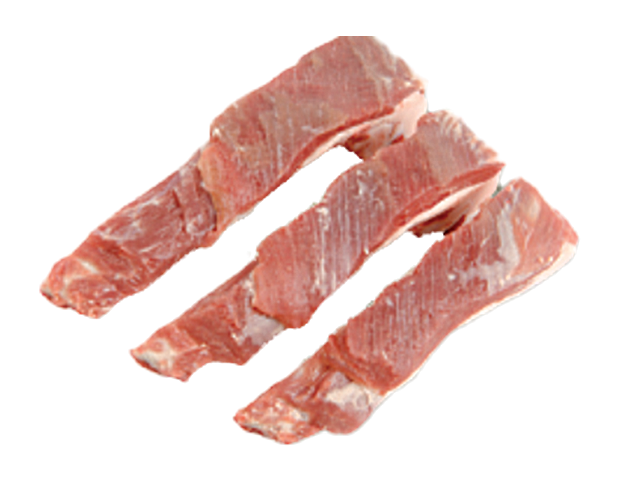
Lamb Ribs
Per 100 g (3.5 oz)
150 calories
21 grams of protein
Source of energy, low in sodium, extra lean, and a good source of iron.
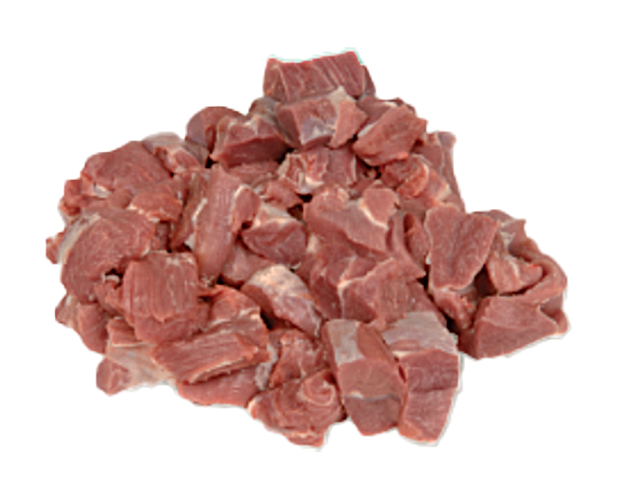
Lamb Shoulder
Per 100 g (3.5 oz)
130 calories
20 grams of protein
Source of energy, low in sodium, extra lean, and a good source of iron
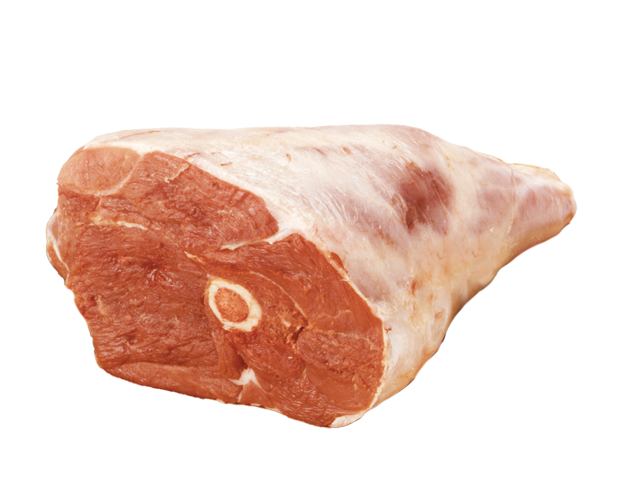
Whole Lamb Leg
Per 100 g (3.5 oz)
120 calories
21 grams of protein
Source of energy, lower in saturated fat, free of trans fat, low in sodium, extra lean, and a good source of iron.
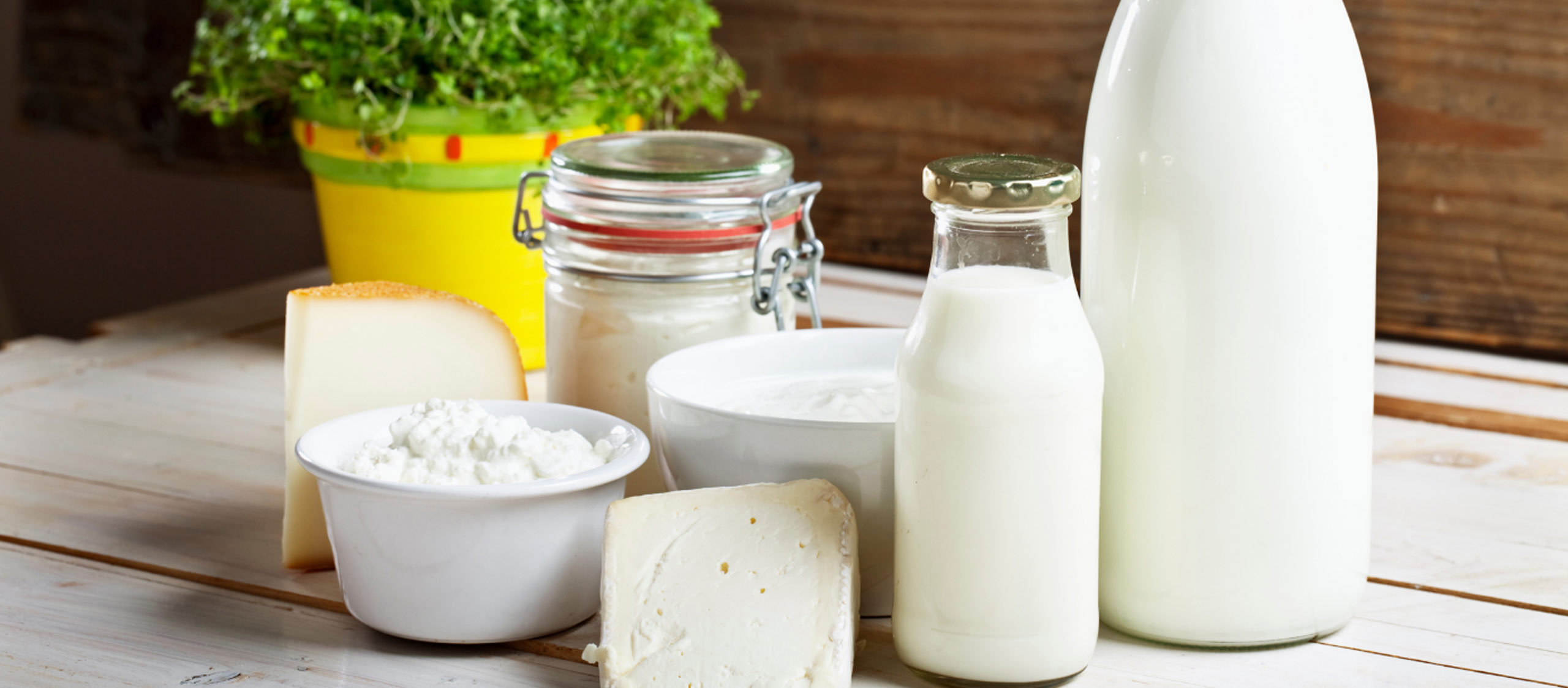
Product Locator
Use our convenient product locator tool to find out where you can purchase lamb products such as meat, dairy and wool.

